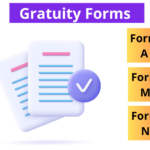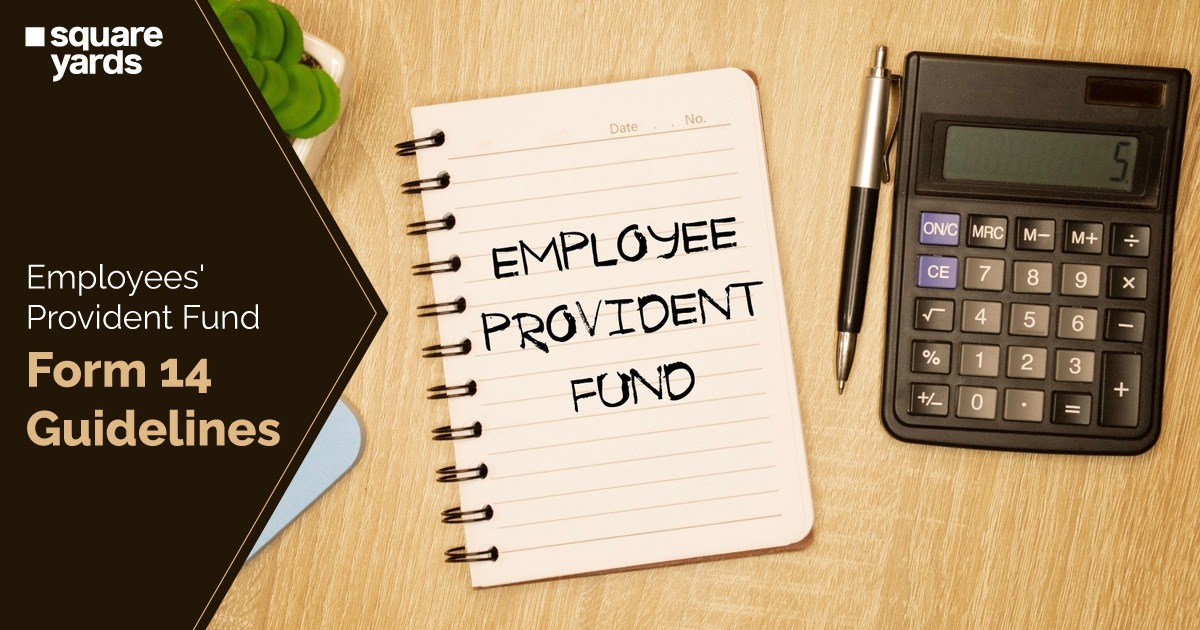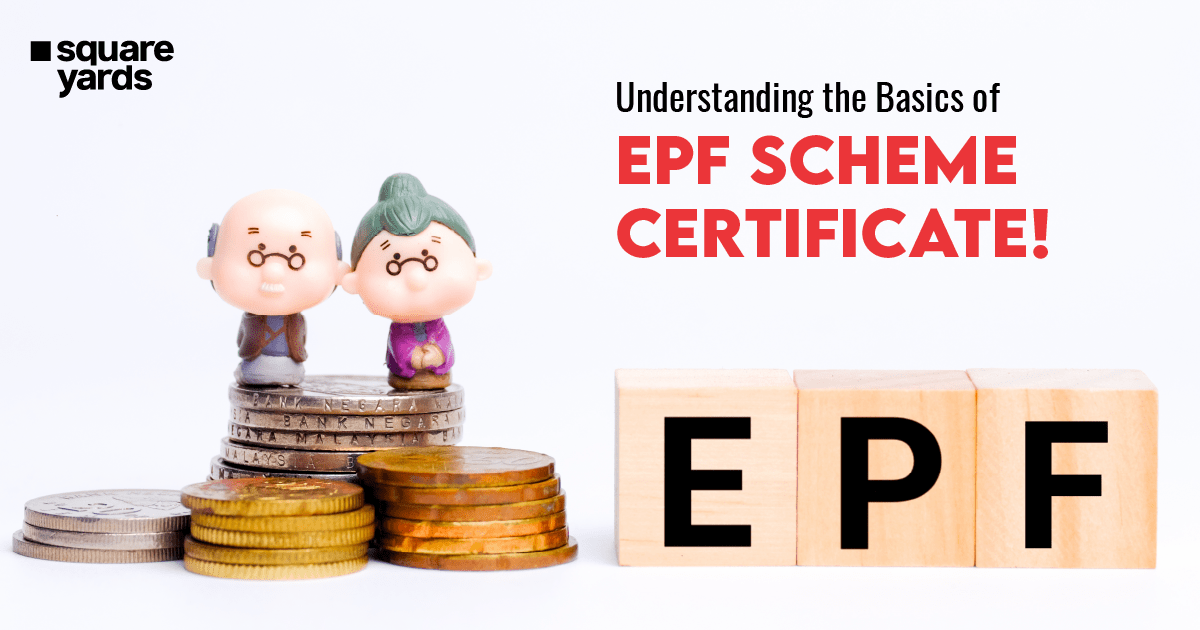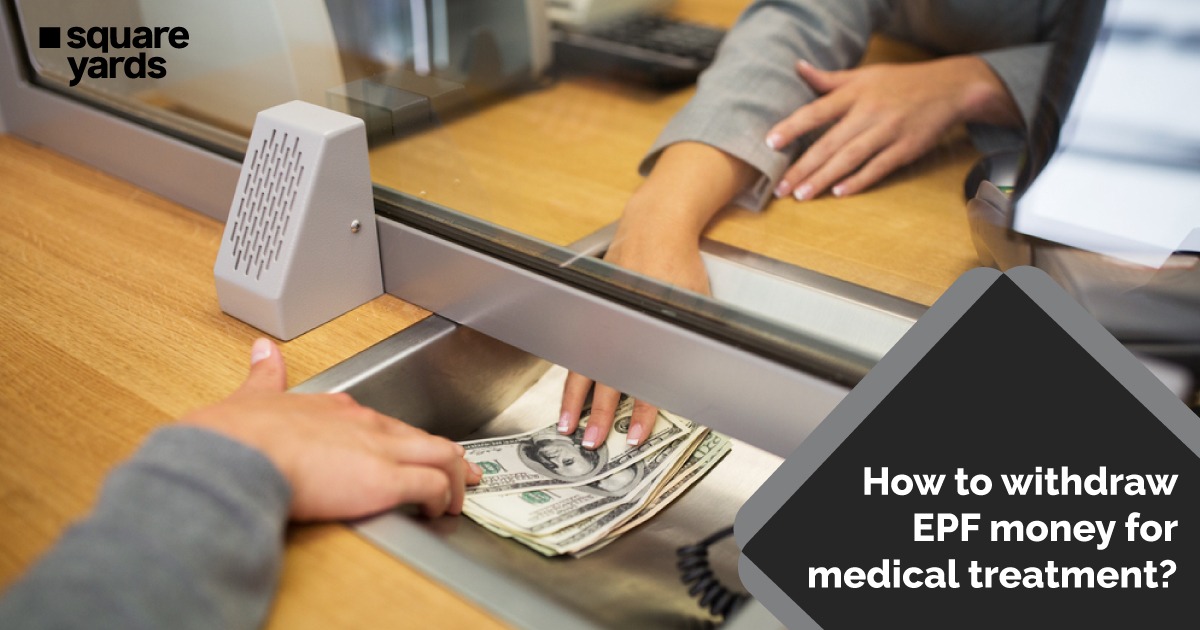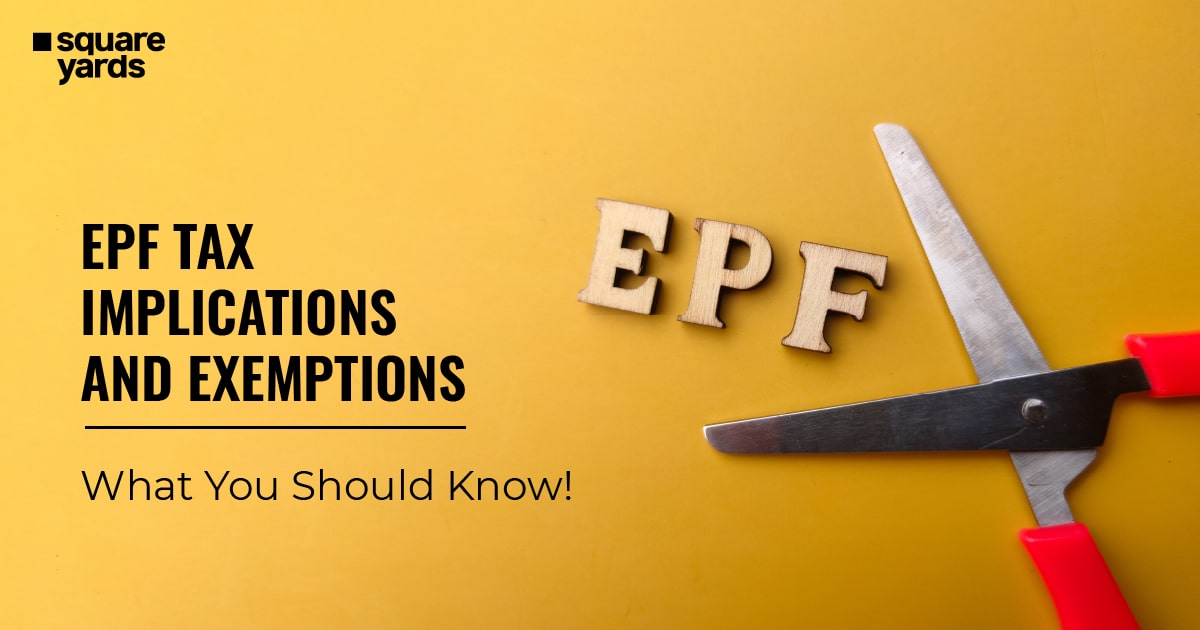Gratuity is an amount offered to the employees for proffering their services to the organisation or company. The employer provides this amount, and the employees do not need to contribute to the funds.
According to the Payment of Gratuity Act, 1972, an organisation with more than ten employees needs to benefit its employees. The employees can get the loyal benefit only if they have completed serving the organisation for a minimum of five years. The maximum gratuity limit that the employees can receive is up to ₹20 lakhs for both private sector and government employees.
The employers can also pay more than the maximum gratuity limit set by the Act. The gratuity funds can be paid at the time of retirement or the employee’s resignation. Also, the legal heir will receive the amount in case of the employee’s death.
What is Gratuity?
The monetary benefits provided by the employers to their employees for rendering the services for the organisation/company is known as Gratuity. This benefit by the employer is payable to their employers under the Payment of Gratuity Act, 1972.
Gratuity is the employee’s portion of their salary to recognise their work towards the organisation. Since it is the salary percentage, there is no set percentage for the Gratuity limit. The employer pays the Gratuity amount, and the employees do not need to contribute.
Working Mechanism of Gratuity
There are two ways in which a Gratuity works. Either the employer pays the employees their Gratuity limit amount from their account or can go for general insurance for Gratuity offered by a service provider.
After opting for a service provider, the employer pays the Gratuity contribution amount to them. In return, the service provider will pay the Gratuity limit to the employees as per the rules and regulations of the service.
Gratuity Act, 1972
The Gratuity Act, known as the Payment of Gratuity Act, came into force in 1972. The workers or employees of mines, ports, companies, plantations and other similar establishments with more than ten employees are covered under this Gratuity Act. Dissimilar to the Provident fund (PF), the Gratuity limit amount is wholly paid by the employer.
Under this Act, the employees of both government and non-government organisations can avail the mount. But, they must have served the organisation for a minimum period of five years to receive this benefit. Also, a tax exemption of ₹20 lakhs can be claimed on the maximum gratuity limit. It is payable after retirement, resignation, or the employee’s death.
Gratuity Compulsory Insurance
There are a few compulsions of the Gratuity insurance mentioned below:
- All the employees of the organisation should have Gratuity insurance from the insurance service provider for their liability of payment on the Gratuity amount.
- If the employee already has an approved fund for the Gratuity, they can be exempted from compulsory Gratuity insurance.
- The employer needs to register the organisation with the controlling authority on time.
- The relevant government should appoint the board of trustees.
- Every employer (with more than ten employees in the organisation) needs to contribute to the approved Gratuity fund.
Don’t Miss it!
| Gratuity Calculator | Online Gratuity Calculator to find the Gratuity |
| Gratuity in Salary | What is Gratuity in Salary and How to Calculate? |
| Gratuity Payment | Payment of Gratuity Act, 1972: Rule, Advantages, Goal |
| Gratuity Rules | What is the Rule of Gratuity? |
| Gratuity Form | A Guide to Take You Through Each of the Form’s Usage |
| Gratuity Amount | How to Calculate Gratuity Amount? |
| Gratuity Eligibility | What is Gratuity Eligibility? |
Nominees for Gratuity
- The employee needs to add a nominee for their Gratuity fund.
- The employee can nominate more than one nominee.
- If the employee has family members, they should nominate them instead of an outsider.
- Nomination for the Gratuity funds can be modified anytime.
- The employer should also be aware of the changes in the nomination.
Gratuity Maximum Limit
As for the government employees, the Gratuity maximum limit has been changed from ₹ ten lakhs to ₹20 lakhs. In the case of private-sector employees, the maximum amount of Gratuity that can be claimed has been set to ₹20 lakhs.
As per the Government of India, the Gratuity limit of up to ₹20 lakhs under the Payment of Gratuity Act, 1972 can be exempted for the employees. As for the employees not covered under this Act, an exemption of ten lakhs is allowed.
The employers can also pay more than the prescribed maximum amount of Gratuity set under the Payment of Gratuity Act,1972.
Gratuity Limit Claim
To claim the maximum amount of Gratuity, employees can follow the ways mentioned below:
- The employee eligible for the Gratuity maximum limit amount needs to give this in writing to their employer.
- The employer will determine the Gratuity limit amount. Afterwards, the employer will give in writing to the eligible employee when the Gratuity is due.
- If the employer does not pay the Gratuity amount on time, they will need to pay an interest rate for the delayed time set by the government.
- Any dispute related to the Gratuity limit, amount, or the employee receiving Gratuity will be dealt with by the Controlling Authority.
- The aggrieved party can appeal the appropriate department for the Gratuity maximum limit funds within 60 days from the order’s receipt date.
Gratuity Maximum Limit Formula
To calculate the Gratuity limit of an employee, the below-mentioned components will be considered. As for the Gratuity limit amount, it depends upon the years served in an organisation and the last drawn salary of the employee.
Gratuity = N*B*15/26
Where,
N = Number of years the employee served the organisation
B = Last drawn basic salary of the employee + DA
Important Ends of Gratuity
There are a few important points regarding the payment of Gratuity, and its limit for the employees are mentioned below:
- An employee who gets a Gratuity maximum limit amount higher than ₹ ten lakhs can claim tax exemption as per the points listed in the taxation rule of India.
- As per the interim budget of 2019, announced by Mr Piyush Goyal, the existing tax-free maximum amount of Gratuity will be increased to ₹30 lakhs.
- The employer has the right to nullify the Gratuity of an employee if they were told to resign or leave the organisation after the deportation of any misconduct.
- In case of the employee’s death, the nominee or the heir of the employee will receive the Gratuity amount. The taxation on the funds will then be calculated upon the receiver’s source of income methods.
FAQ’s about Gratuity ACT
Q1. What is the new rule of Gratuity 2021?
As per the new labour rules from 1st April 2021, the companies will need to change the CTC offered to the employees as the allowance offered to the employees should not exceed the 50% mark of the basic salary. As the allowance limit has been decreased to 50%, the employer’s payment of their staff gratuity will also increase. This gratuity limit will now be paid by the employees working for more than five years in the company, giving the employees more benefits after retirement.
Q2. Can we pay Gratuity more than 20 lakhs?
The gratuity maximum limit is set up to ₹20 lakhs that can be paid to the employees under the Payment of Gratuity Act,1972. Also, the employers can pay more than the prescribed gratuity limit to the employees.
Q3. Is there any salary limit for Gratuity?
There is no salary limit for gratuity purposes. The employees can receive loyal benefits of up to ₹20 lakhs from the employers.







